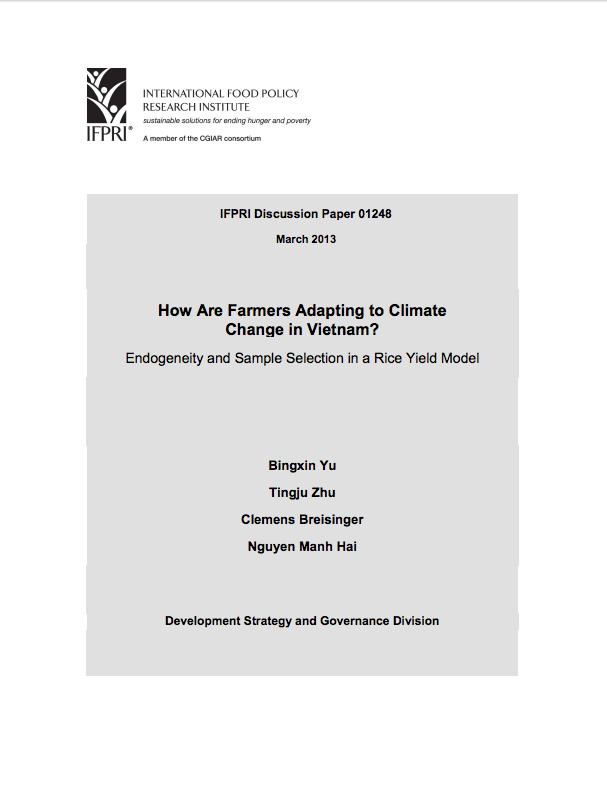Regional developments [In 2014-2015 Global food policy report]
In addition to global developments and food policy changes, 2014 also saw important developments with potentially wide repercussions in individual countries and regions. This chapter offers perspectives on major food policy developments in various regions including Africa, the Middle East and North Africa, Central Asia, South Asia, East Asia, and Latin America and the Caribbean.







